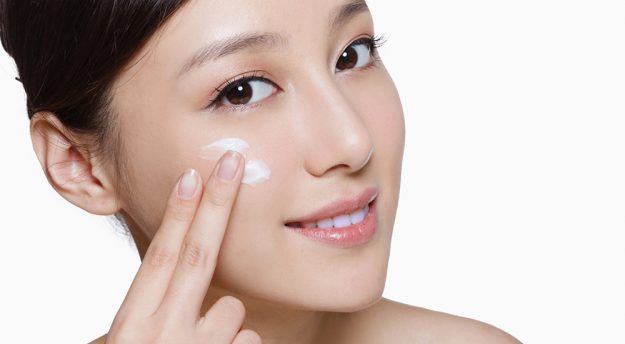Killer Question: When should you start using anti-ageing products?
Is there ever a correct age to start using anti-ageing products? Is it too much too soon, or too little too late? Here's our take.

When is the right time to start using anti-ageing products? Nowadays, the skincare market seemingly pushes anti-ageing products to younger and younger target audiences, causing many to wonder if they really do need a barrage of anti-ageing merchandise to counter the effects of ageing in their thirties or even in their twenties. If you've got questions, we've got answers to satiate your skincare curiosity.
What are the causes of ageing?
Whether we like it or not, we will age. Gradually, you'll notice the appearance of fine lines, wrinkles, crows feet and more - your smooth facial canvas will turn into a story of the past. But there are also other factors that contribute towards the effect of ageing, such as cumulative sun damage and your genetics. If you live in the city, air pollution and UV rays are sources of free radicals, which can be both harmful and damaging to the skin on your face.
Do you need anti-ageing products in your 20s?
In your early twenties, you don't need to take such aggressive proactive steps to increase collagen production or stimulate youth proteins - your body is perfectly capable of doing that now. In your twenties, you still have excellent cell turnover, and your skin still has the ability to repair itself quickly. If you use too many anti-ageing products too early, it can further exacerbate another skincare concern: acne.
Anti-ageing creams tend to focus on replenishing moisture for dry skin, and a use of too many anti-ageing products at an early age can cause your face to become too oily, which will lead to more breakouts. Hence, anti-ageing products are most suitable for use once your acne has cleared up to avoid aggravating your face.
What kind of anti-ageing products are suitable for early use?
If you want to protect your face against the effects of ageing, there are still products and ingredients you can use.
Sunscreen: There can be a bit of debate over when the right time to use anti-ageing products is, and what kind of products are suitable because everyone's skin type differs. But there is one thing every dermatologist will concur with - you need sunscreen, every single day! Sunscreen creates a shield on your face and reduces sun damage, slowing down the emergence of photodamage related signs of ageing such as dull skin and dark spots.
Retinol: Retinoids (aka vitamin A) increases cell cycle turnover rate and also promotes collagen, thus making it an extremely effective ingredient in diminishing the effects of ageing. Scientific studies have shown that retinol can visbily help with the firmness of skin, significantly improve skin tone, reduce the appearance of pores, and diminish fine lines and wrinkles. Retinol can also aid in the shedding of dead skin, combating adult acne.
Antioxidants: Antioxidants can shield the skin's surface from deterioration, calm stressed skin, and defend against the effects of air pollution. If you apply products rich in antioxidants onto your face, they can aid in reviving your skin's vitality, giving you fresh, dewy and healthy complexion.
What else can you do to protect your face against the effects of ageing?
If you feel like you're too young for anti-ageing products, there's no reason why you can't start protecting your skin against the effects of ageing now. Wear sunscreen religiously, like your life depends on it, every day! Also, ensure that you maintain a balanced diet, have sufficient sleep, and regulate your stress levels. These are all factors that contribute towards signs of ageing, but these are factors that you can control now without the use of anti-ageing products.
Winnie Tan
READ MORE:
Killer Question: Is it possible to shrink your pores?
The killer question: How to treat fatigued skin?



